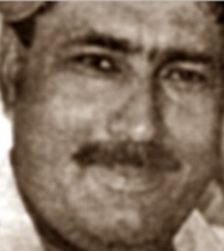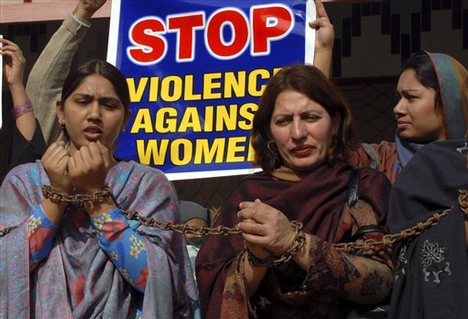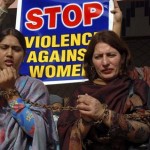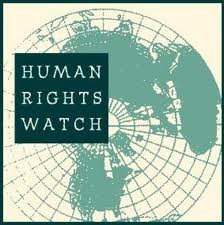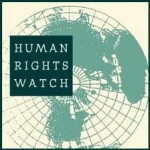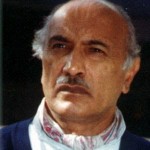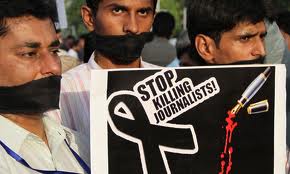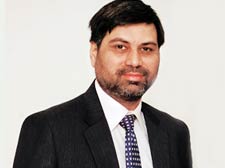KABUL, Jan 28 — Several Taliban negotiators have begun meeting with American officials in Qatar, where they are discussing preliminary trust-building measures, including a possible prisoner transfer, several former Taliban officials said Saturday.
The former officials said that four to eight Taliban representatives had traveled to Qatar from Pakistan to set up a political office for the exiled Afghan insurgent group.
The comments suggested that the Taliban, who have not publicly said they would engage in peace talks to end the war in Afghanistan, were gearing up for preliminary discussions.
American officials would not deny that meetings had taken place, and the discussions seemed to have at least the tacit approval of Pakistan, which has thwarted previous efforts by the Taliban to engage in talks.
The Afghan government, which was initially angry that it had been left out, has accepted the talks in principle but is not directly involved, a potential snag in what could be a historic development.
The former Taliban officials, interviewed Saturday in Kabul, were careful not to call the discussions peace talks.
“Currently there are no peace talks going on,” said Maulavi Qalamuddin, the former minister of vice and virtue for the Taliban who is now a member of the High Peace Council here. “The only thing is the negotiations over release of Taliban prisoners from Guantánamo, which is still under discussion between both sides in Qatar. We also want to strengthen the talks so we can create an environment of trust for further talks in the future.”
The State Department spokeswoman Victoria Nuland has said only that Marc Grossman, the Obama administration’s special representative for Afghanistan and Pakistan, had “a number of meetings” related to Afghanistan when he visited Qatar last week.
The Taliban’s announcement this month that they would open an office in Qatar, which could allow for direct negotiations, drew fire from some Afghan factions as well as some American policy makers, who fear the insurgents would use negotiations as a ploy to gain legitimacy and then continue their efforts to reimpose an extremist Islamic state in Afghanistan.
Mr. Grossman, at a news conference in Kabul last week, said that real peace talks could begin only after the Taliban renounced international terrorism and agreed to support a peace process to end the armed conflict.
The Afghan government and the Qataris must also come to an agreement on the terms under which the Taliban will have an office. Mr. Grossman has been regularly briefing the Afghan government but Afghan officials have complained that they were being kept out of the loop.
The Taliban officials now in Doha, Qatar, include a former secretary to the Taliban’s leader, Mullah Muhammad Omar, as well as several former officials of the Taliban government that ruled Afghanistan from 1996 to 2001, according to Mr. Qalamuddin and Arsala Rahmani, a former Taliban minister of higher education.
The former Taliban officials here described fairly advanced discussions in Qatar about the transfer of prisoners. One former official, Syed Muhammad Akbar Agha, who had been a Taliban military commander, said that five Taliban prisoners were to be transferred in two phases, two or three in one group and then the remainder.
There has also been discussion in Qatar of removing some Taliban members from NATO’s “kill or capture” lists, the former Taliban officials said.
Mr. Grossman, in his comments last week, played down talk of detainee releases, saying the United States had not yet decided on the issue. “This is an issue of United States law first of all, that we have to meet the requirements of our law,” he said.
He said the Obama administration would also consult with Congress. Under American law, the defense secretary must certify to Congress that the transfer of any Guantánamo prisoner to a foreign country would meet certain requirements, including that the country maintains control over its prisons and will not allow a transferred detainee to become a future threat to the United States.
If any detainees were released, Western and Afghan officials said, they would likely be transferred to Qatar and held there, perhaps under house arrest.
The former Taliban officials said that they were most surprised by Pakistan’s decision to allow the Taliban delegates to obtain travel documents and board a plane to Qatar. The former officials have long contended that Pakistan has obstructed talks. “This is a green light from Pakistan,” Mr. Rahmani said.
Pakistan “definitely supported this and is also helping,” Mr. Qalamuddin added. He said that if Pakistan did not approve of the talks, it would have arrested the Taliban delegates to Qatar, just as it did with Mullah Baradar, a senior Taliban official, after he began secret talks with the Afghan government in 2010.
Steven Lee Myers contributed reporting from Washington, Taimoor Shah from Kandahar, Afghanistan, and Sharifullah Sahak from Kabul.

